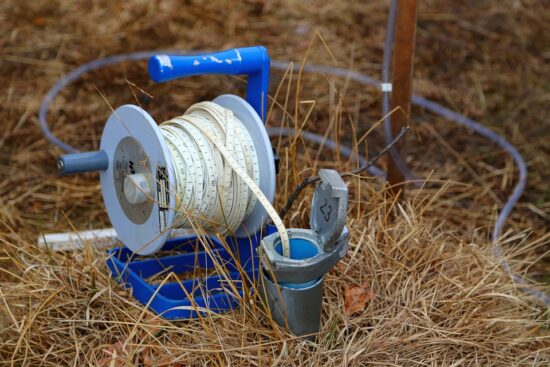Discovery of sulfonamide resistance genes in deep groundwater below Patna, India
The global use of pharmaceuticals has led to the rise of bacteria resistant to antimicrobial treatments, posing a public health challenge. A study in Patna, India, found the first quantification of three sulfonamide resistance genes in groundwater and surface water. The mean relative abundance of gene copies was found to be sul I > sul II > sul III. The study suggests that wastewater is associated with AMR gene prevalence, and urban drainage channels containing hospital and domestic wastes are likely a significant source of AMR in groundwater and surface water.
AMR NEWS
Your Biweekly Source for Global AMR Insights!
Stay informed with the essential newsletter that brings together all the latest One Health news on antimicrobial resistance. Delivered straight to your inbox every two weeks, AMR NEWS provides a curated selection of international insights, key publications, and the latest updates in the fight against AMR.
Don’t miss out on staying ahead in the global AMR movement—subscribe now!







